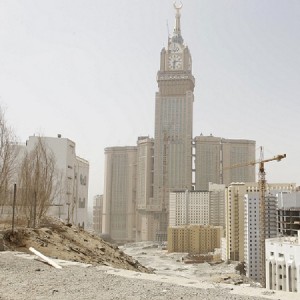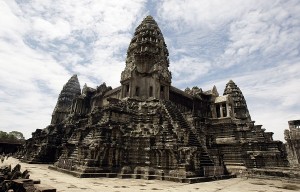KUWAIT CITY — Foreign direct investment into Arab states rose by 9.8 percent last year despite unrest in some of them but remained well below its level in 2010, when the Arab Spring, a report said on Tuesday.
Arab states attracted FDI worth $47.1 billion (35.4 billion euros) in 2012 compared with $42.9 billion the previous year, the Arab Investment and Export Credit Guarantee Corp said in its annual report.
But that was 28.5 percent lower than the figure of $66.2 billion in 2010, said the Kuwaiti-based organisation.
The report covered 20 out of the 22 Arab League states, excluding war-torn Syria and the tiny Comoros.
FDI rose in 15 of them, including four countries — Tunisia, Egypt, Libya and Yemen — that witnessed violent unrest during the past three years.
OPEC kingpin Saudi Arabia topped the list of inflows with $12.2 billion, representing 25.8 percent of the total even though its share dropped by 25 percent from the previous year.
Inflows to the United Arab Emirates rose 25 percent to $9.6 billion, or 20.8 percent of the total.
Lebanon came third with $7.8 billion followed by Algeria with $6.2 billion, the report said.
In Egypt, the value of FDI rose from a negative $483 million in 2011 to $2.8 billion last year. In Tunisia it increased by 68 percent to $1.95 billion.
Foreign direct investment in Libya rose from a flat 2011 to $720 million last year, and in Yemen it increased from $713 million in the red to $4 million in the black.
The six energy-rich states of the Gulf Cooperation Council drew in the most investment, accounting for $26.4 billion or 56 percent of total FDI in the Arab world, the report said.
Inflows into Kuwait more than doubled to about $1.9 billion.
The GCC states have fuelled growth in infrastructure, backed by their large oil and natural gas reserves, current account surpluses, generally politically stable economies, liberal business environment and strategic geographical locations.



